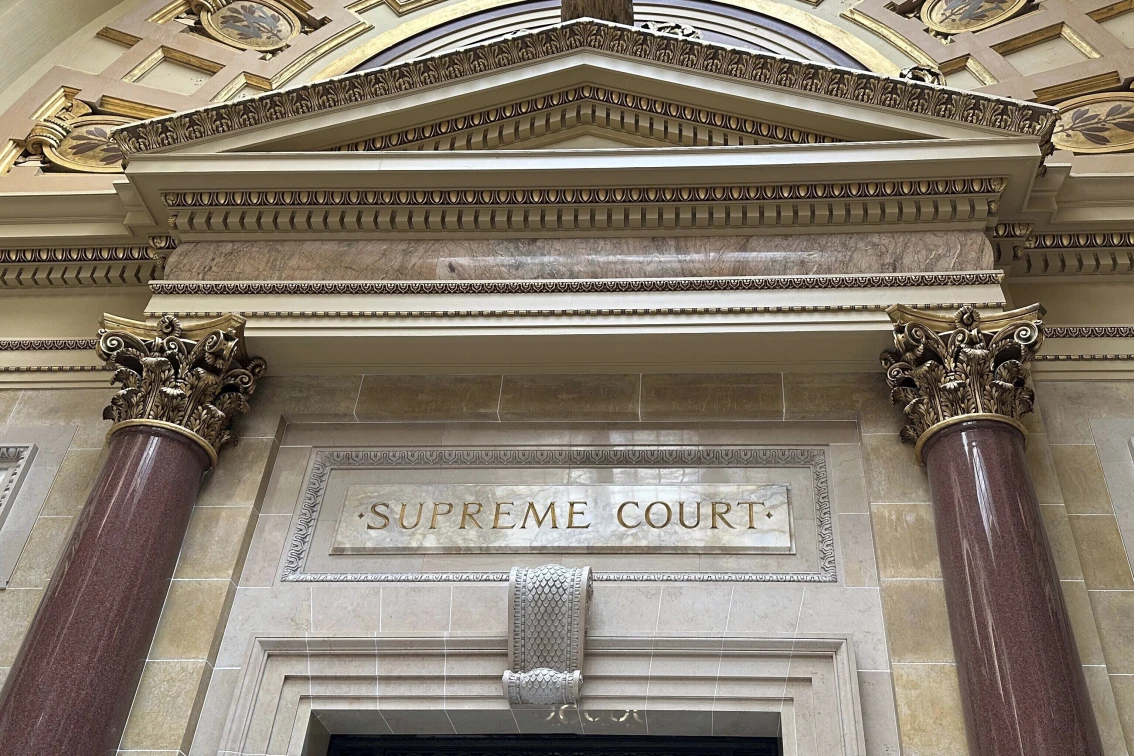Wisconsin Supreme Court Declines to Reconsider Congressional District Maps
United Patriots Assocation
Archives
Wisconsin Supreme Court Declines to Reconsider Congressional District Maps
SIGN UP FOR OUR NEWSLETTER
Wisconsin Supreme Court Declines to Reconsider Congressional District Maps |
Court's Decision Maintains Current Boundaries Ahead of 2026 Midterms |
The Wisconsin Supreme Court has declined to hear challenges to the state's congressional district boundaries, leaving the current maps in place for the upcoming 2026 midterm elections. This decision marks the second consecutive year the court has refused to revisit the issue, despite appeals from Democratic groups seeking more favorable district lines.
Democrats had hoped that redrawing the maps would make two of the state's six Republican-held congressional seats more competitive. However, the court's refusal to take up the case means the existing boundaries will remain unchanged. Democratic U.S. Rep. Mark Pocan expressed disappointment, stating, "It's good that Wisconsin has fair maps at the state level, but we deserve them at the federal level as well."
The current congressional maps were drawn by Democratic Governor Tony Evers and approved by the state Supreme Court when it was under conservative control. The U.S. Supreme Court declined to block these maps from taking effect in March 2022. Despite the recent shift to a liberal majority in the state Supreme Court, the justices have opted not to revisit the congressional boundaries at this time.
Republicans currently hold six of Wisconsin's eight U.S. House seats, with only two districts considered competitive. One of these is the 3rd District in western Wisconsin, represented by Republican Rep. Derrick Van Orden, who won the seat in 2022 after the retirement of longtime Democratic Rep. Ron Kind. The other is the 1st District in southeastern Wisconsin, held by Republican Rep. Bryan Steil since 2019.
As the 2026 midterms approach, the court's decision ensures that the existing congressional district boundaries will remain a significant factor in Wisconsin's political landscape.
|

